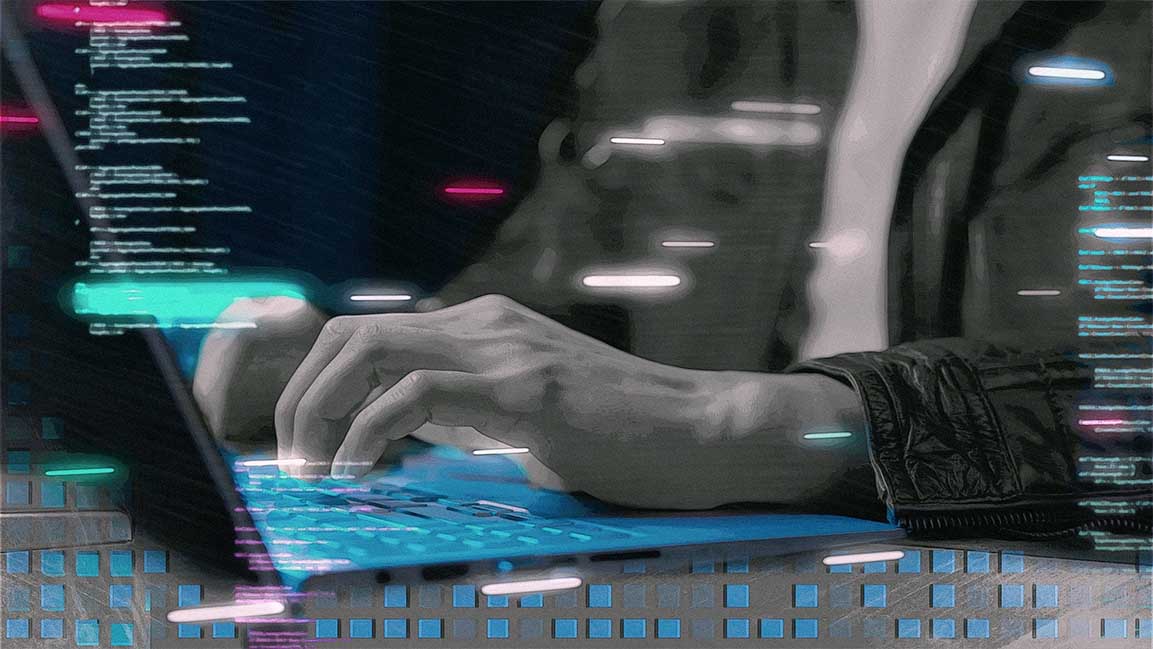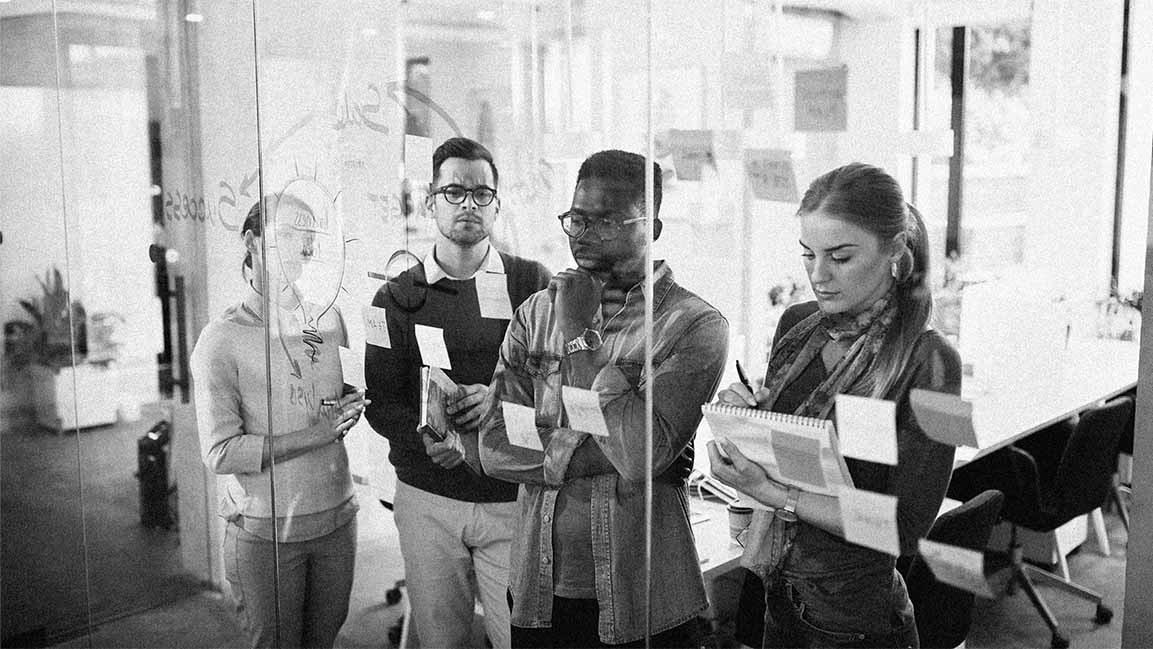- | 10:00 am
Is AI forcing professionals in the GCC to build their digital skills?
To achieve a workforce adaptable to evolving tech shifts, fostering a talent development ecosystem and an organizational culture that promotes lifelong learning are crucial

Remember the days when fresh college graduates got rich building apps? You don’t hear such stories anymore, and it’s because new software programs have made it easy for anyone to develop an app for business use.
As digitalization sweeps through every level of business, tech skills are becoming baseline requirements for getting the job done – they aren’t longer specialized knowledge. Now, nearly all professionals navigate a constantly shifting terrain. The driver of this transformation? Technology.
To thrive, you’ll need to know how to use technology for your organization’s benefit.
But so far, there aren’t nearly enough people who can do that that the modern workforce needs. This is even when Middle East countries are going through a rapid digital transformation.
The ever-evolving workplace brings forth its own particular set of challenges, notably the emergence of a “skills gap.” On one hand, repetitive jobs, like factory workers, risk being automated. On the other hand, a growing number of jobs require specialized skills. For instance, roles like data scientists, cybersecurity specialists, and AI engineers are in high demand in the Middle East. These roles require advanced skills and knowledge.
There are simply not enough people with the necessary skills to fill these roles, which widens the skills gap. Sure, millennials and Gen Z are digital natives, making up half of the workforce, but their digital comfort doesn’t equate to professional expertise.
According to Dua Al Toobi, whose book Navigating the Future: Bridging the Divide Between Nationalisation Goals and the Digital Skills Gap in the GCC will be launched later this year, the digital skills gap continues to widen despite millennials and Gen Z in the workforce due to “technological advancements outpacing formal education systems and professional training.”
“The scarcity of experienced professionals adept with applying technologies in business is compounded by the underinvestment in employee training and outdated education systems, which fuels a rising demand for specialized skills.”
In her book, Al Toobi highlights the dual challenges large corporations face, providing practical guidance on effectively balancing nationalization mandates with the pressing need for digital competency in today’s technology-driven world.
As more governments in the region begin to realize the economic benefits of digitalization, investment in technology and adoption rates are rising steadily, but last year, a PwC Middle East report revealed that the digital gap in the region continues to exist despite significant strides towards digital inclusion.
Since the region’s GDP would increase by at least 46% over 30 years due to digital inclusion, with a benefit of nearly $300 billion expected in the first year alone, it’s crucial to narrow the digital skills gap.
According to Al Toobi, who is also the Digital Transformation Director at Al Hilal Bank, organizations should identify the needed digital competencies for their goals and attract talent with this expertise and skill set but ensure the creation of succession and knowledge-sharing frameworks to optimize their investment and mitigate attrition.
“This coupled with targeted training for their existing workforce, will create a short-term solution to the immediate skills gap in the organization.”
Addressing this digital gap, one of the most formidable challenges of our time, calls for a comprehensive approach that encompasses the unified efforts of educational institutions, startups, and businesses.
“To achieve a workforce adaptable to evolving tech and market shifts in the long term, it’s crucial to foster a talent development ecosystem via partnerships with startups, education providers, and an organization culture that promotes lifelong learning,” she adds.
And as tech — artificial intelligence, data analytics, and the clean electrification of everything — arrive at light speed, Al Toobi shares five ways to build digital competencies.
ESTABLISH A DIGITAL CULTURE
A company should encourage innovation, lifelong learning, and organizational education on technology to debunk myths and resistance to change.
DIVERSIFY THE WORKFORCE
Embracing a wide variety of skills, perspectives, educational, cultural, and professional backgrounds supports the ability to pivot, innovate and relate to changing customer demographics and ultimately building a robust culture and workforce.
TARGETED UPSKILLING PROGRAM
As technology starts to disrupt the current makeup of jobs, companies can empower employees with targeted upskilling into new roles, skills, and career opportunities. Encourage continuous learning as an organization by providing access to educational resources.
COLLABORATE WITH EDUCATION PROVIDERS AND STARTUPS
Develop targeted education courses in collaboration with universities, and offer internships and learning opportunities to their students and your workforce. Collaboration with startups in exchange for accelerator programs, knowledge sharing, and joint projects for both employee sets will accelerate innovation and access to the most cutting-edge application of technology for market disruption.
CROSS-INDUSTRY AND SECTOR KNOWLEDGE EXCHANGE
Collaboration across government, private, and semi-government sectors and across industries supports the wider ecosystem of technological adoption to the Fourth Industrial Revolution and will support organizations in staying abreast of the latest policy changes, market trends, and firsthand access to solutions as implemented across sectors.








































